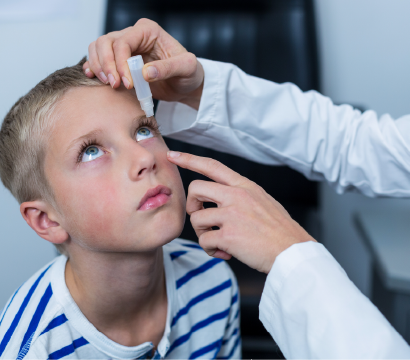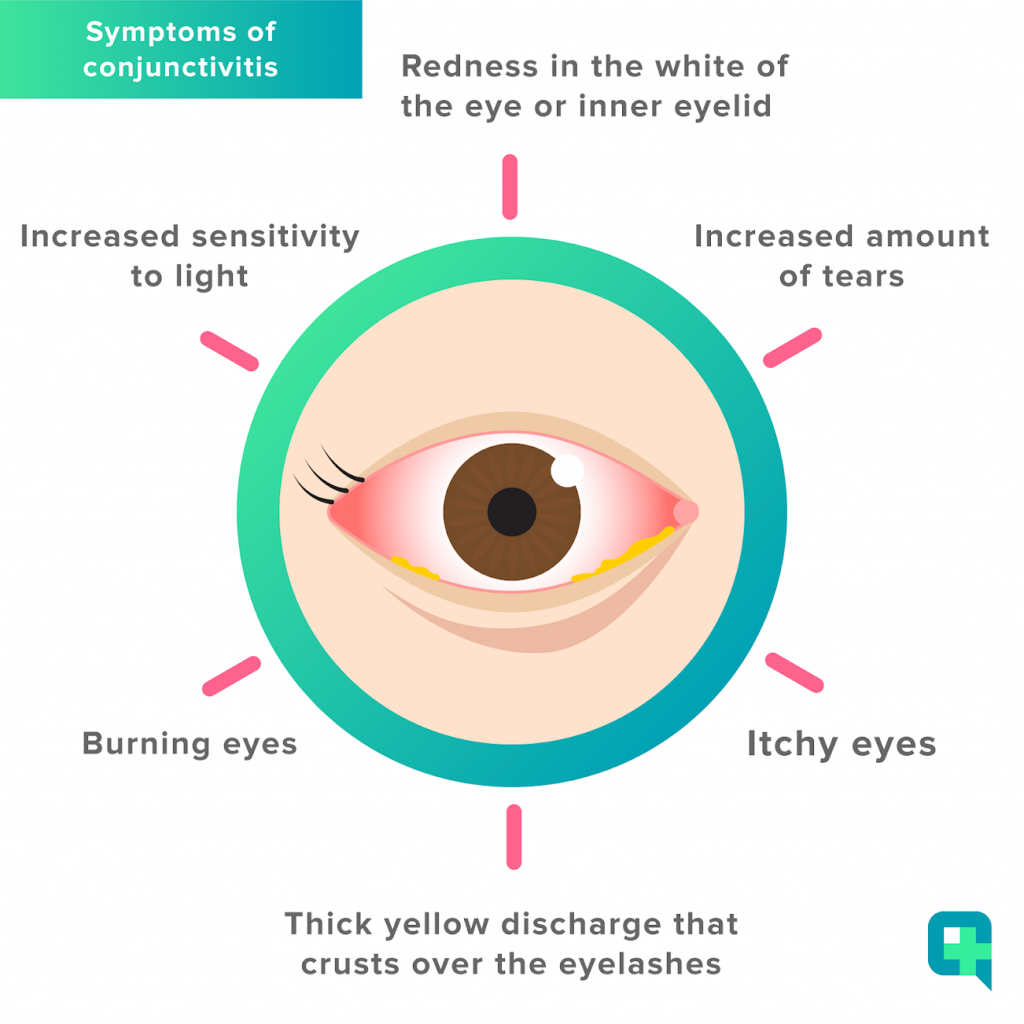Conjunctivitis is a condition most mums and dads will be familiar with because it is so common among children. While a common condition that usually passes within a few days, it does cause confusion. Different childcare settings and schools have different policies for dealing with it. The post below was written by Dr Sandeep Kapur, Chief Medical Officer for the ‘doctor on demand service’ Qured. He highlights what causes conjunctivitis, how it should be treated and outlines preventative measures to stop it spreading.

Almost one in 100 people in the UK are affected by conjunctivitis, making it a very common infection–but there seems to be a lot of confusion on what this eye condition actually is and how to go about treating it. This is especially the case for children, who are very vulnerable to the dreaded outbreaks in preschools and playgrounds.
What is conjunctivitis?
“Pink eye”, more formally known as conjunctivitis, is an eye condition caused by either an infection or allergies. It is usually caused by viruses, bacteria or fungi, from the same bugs that cause colds, sinus infections and ear infections.
The symptoms of conjunctivitis include eyes that are bloodshot, that burn, feel gritty and itchy, produce white or yellow discharge, and shed an increased amount of tears. But the symptoms are not limited to these – sometimes conjunctivitis can be joined by symptoms of a cold or flu. It’s also important to note that other conditions can cause red, irritated eyes too, such as a burst blood vessel, so make sure you rule that out first.
Pink eye can be severely contagious, particularly for children, because of easy hand-to-eye contact with people or objects that are contaminated with the infectious virus. This includes contact with infectious tears, eye discharge, fecal matter or respiratory discharges.

How is conjunctivitis in children treated?
Many people feel uneasy about conjunctivitis – but just like the common cold, if it is caused by a virus, it just needs to play out its course. Just in case, you should consult a doctor if you suspect your child has conjunctivitis as it may be a bacterial infection. This would require a treatment of prescribed antibiotics, which should improve symptoms within a matter of days.
For viral conjunctivitis, you can try temporarily easing your child’s symptoms by gently cleaning around the eye and eyelashes with clean, cotton wool soaked in water. A pharmacist will also be able to provide you with suitable eye drops. Otherwise, viral conjunctivitis will improve in about two to three weeks.
Should my children stay home from school?
When a school has been smitten by a bout of conjunctivitis, children may be asked to stay at home. Those infected probably won’t be feeling up to going to school anyway, so aim to keep your child at home until their symptoms are resolved, in order to stop the conjunctivitis from spreading. Other preventative measures you can take are to wash your hands regularly with warm, soapy water and wash pillowcases regularly too.
To find out more about Qured’s doctor on demand service and to download the app, please visit qured.com.
Dr Sandeep Kapur is the Chief Medical Officer at Qured, an on-demand healthcare service that delivers a doctor to your door within 2 hours. He has 20 years of experience in the medical industry, with qualifications from Guys Hospital and Case Western Reserve University, Ohio USA. He has been a GP in London for over 14 years.
Disclosure: This commissioned post was produced in association with Qured.com.






